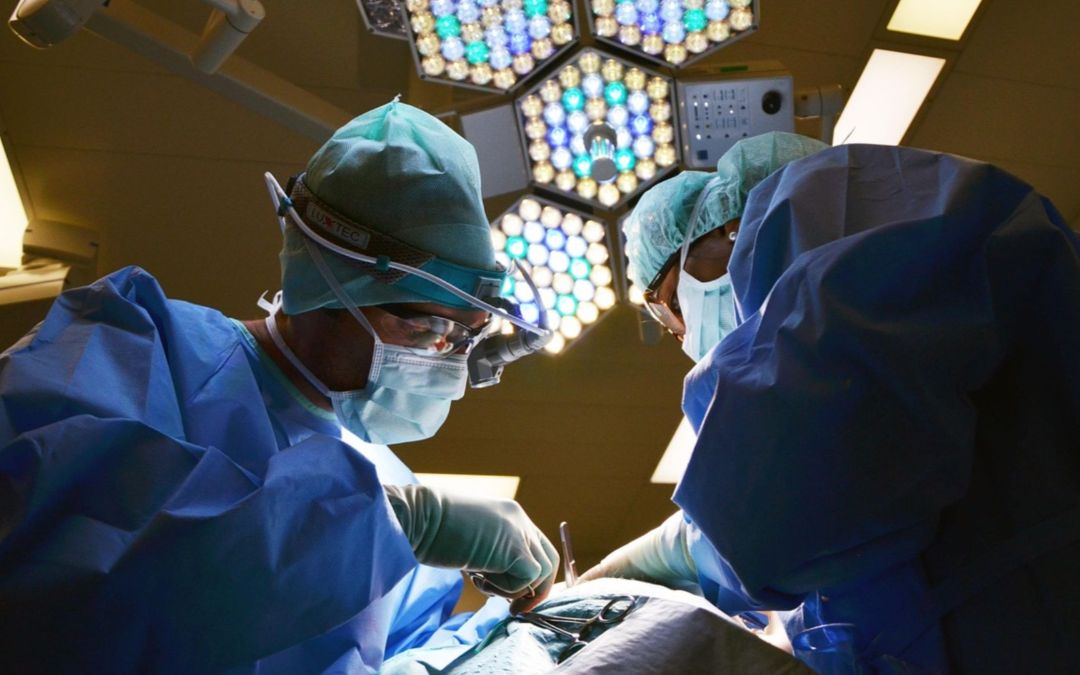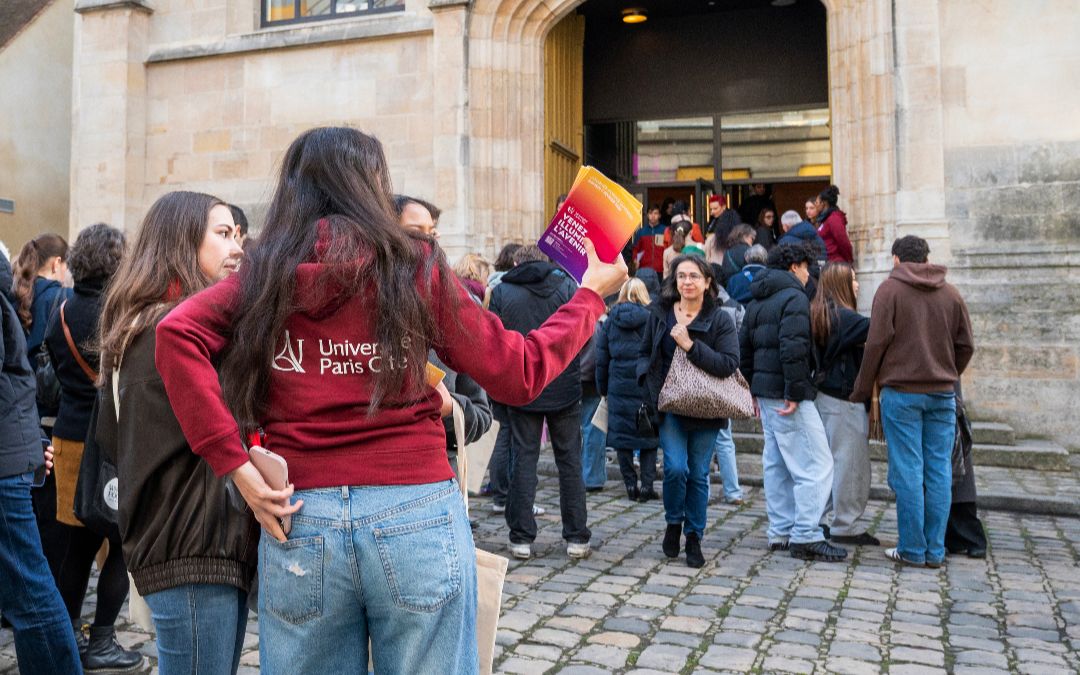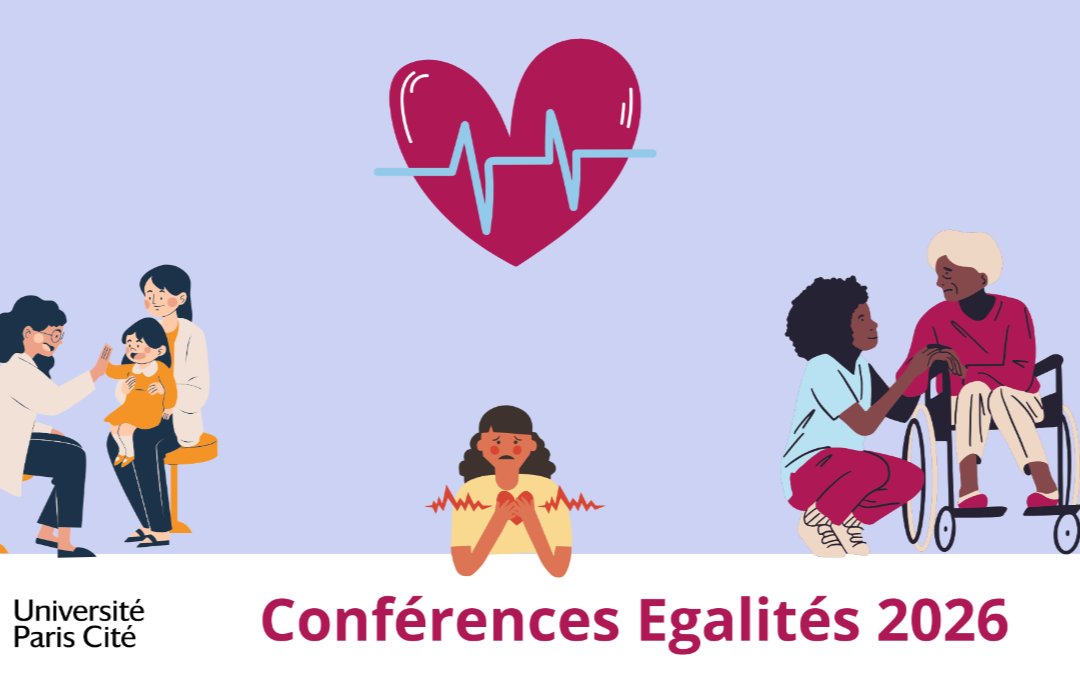Last week, the American Food and Drug Administration (FDA) gave a favorable opinion on the qualification of the iBox algorithmic system, developed by the Paris Transplant Group team (Université Paris Cité, Inserm, AP -HP) led by Professor Alexandre Loupy. This represents a first allowing the virtualization of clinical trials and thus saving precious years in drug development. This step represents a major advance for predictive medicine and hope for transplant patients.

A major breakthrough in predictive medicine
© Freepik
A French Discovery, Supported by a Large International Consortium
After 15 years of research, iBox was created in 2019 under the leadership of Professor Alexandre Loupy and his team. The algorithm, based on the analysis of over 85 pre- and post-transplantation parameters, can predict the fate of a kidney graft over a period of up to 10 years, starting in the early months after transplantation. These findings were published in 2019 in BMJ, followed by articles in Lancet Digital Health, Nature Medicine, Kidney International, Transplant International, and American Journal of Transplantation in 2024. The work has received numerous accolades, including recognition from the French Academy of Medicine and the American Society of Transplantation, which awarded its prestigious prize for the first time to a French researcher.
Validated in 12 European and American centers as well as in 3 randomized clinical trials, iBox later received support from the American Society of Transplantation (AST), the Transplant Therapeutics Consortium (TTC), an international partnership of scientists, industry leaders, and regulatory bodies, including the FDA. This support, along with contributions from major pharmaceutical companies like Novartis, Sanofi, and Bristol Myers Squibb, allowed the algorithm to take crucial steps toward global recognition.
After being qualified by the European Medicines Agency (EMA) in December 2022, iBox has now received FDA approval in the United States, consolidating its position as a benchmark tool in predictive medicine for kidney transplantation. It is the result of a massive collaborative effort with American scientific societies, patient associations, and the Transplant Therapeutic Consortium.
A Turning Point in Clinical Research and Medical Follow-Up
iBox does not merely predict the status of kidney grafts; it provides clinicians with a detailed view of possible functional decline trajectories, enabling precise treatment adjustments. For example, it can quickly detect the effects of therapeutic changes on long-term graft survival.
The benefits for healthcare systems are also substantial. By optimizing the use of medical resources and avoiding ineffective treatments, iBox helps reduce costs while improving the quality of care.
Professor Jon Kobashigawa, president of the American Society of Transplantation, emphasizes:
“The FDA qualification of iBox brings us closer to cutting-edge clinical tools capable of extending the lives of transplant patients. This innovation marks a turning point in the modernization of clinical trials and medical follow-up.”
A Revolution Beyond Kidney Transplantation
The impact of iBox goes beyond kidney transplants. Its algorithmic model could be adapted to other medical specialties, ushering in a new era for predictive medicine and clinical trials. A French innovation, now recognized globally, that could transform the medical landscape for years to come.
À lire aussi
![[Keynote recherche] Florence Niedergang – Macrophages, virus et bactéries : qui manipule qui ?](https://u-paris.fr/sante/wp-content/uploads/sites/19/2026/02/3d-abstract-medical-background-with-close-up-virus-cells1.jpg)
[Keynote recherche] Florence Niedergang – Macrophages, virus et bactéries : qui manipule qui ?
Florence Niedergang est directrice de l’Institut Cochin et directrice de recherche au CNRS. Elle dirige l’équipe Biologie des phagocytes, infection et immunité, dont les travaux portent sur les interactions hôte–pathogènes, en particulier les mécanismes...

Vers une école de chirurgie d’excellence : le Campus chirurgical du Grand Paris
Ancré sur le site historique de l’ancien hôpital Broussais dans le 14ᵉ arrondissement, le Campus chirurgical du Grand Paris incarne un tournant majeur pour la formation, la recherche et l’innovation en chirurgie. Cette nouvelle École de Chirurgie, fruit d’une...

Retour sur la Journée Portes Ouvertes 2026 de la Faculté de Santé
La Faculté de Santé de l’Université Paris Cité a ouvert ses portes samedi 7 février 2026 sur le site des Cordeliers à l’occasion de sa Journée Portes Ouvertes annuelle. L’événement a rencontré un franc succès, accueillant plus de 9 000 visiteuses et visiteurs, futurs...

Cycle de conférences « Égalités » 2026
Du 18 février au 28 avril, la Faculté de Santé organise la 3ème édition du cycle de conférences consacré aux inégalités et discriminations dans le domaine de la santé. À travers ces soirées, des expertes viendront éclairer ces enjeux majeurs et engager le dialogue...
